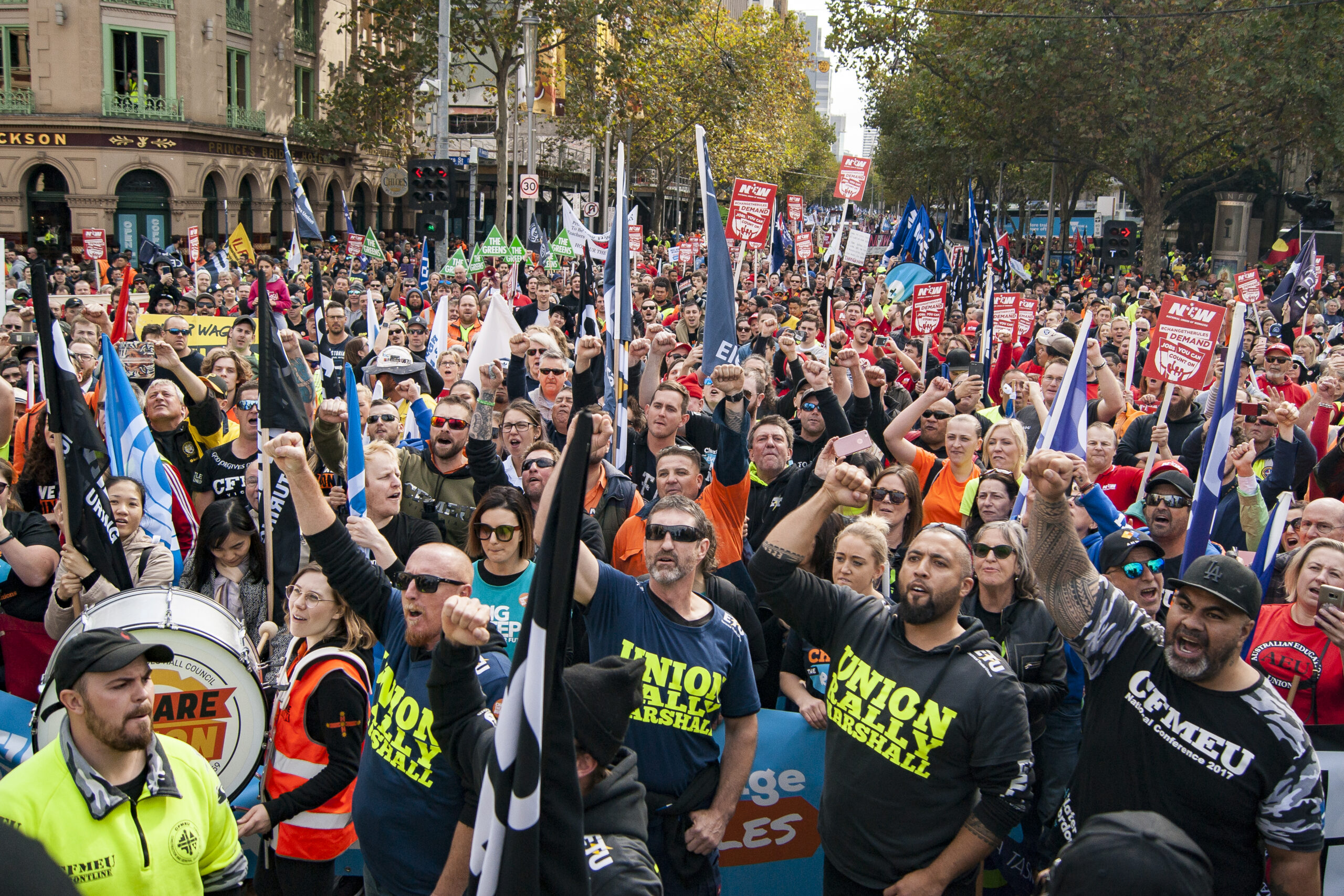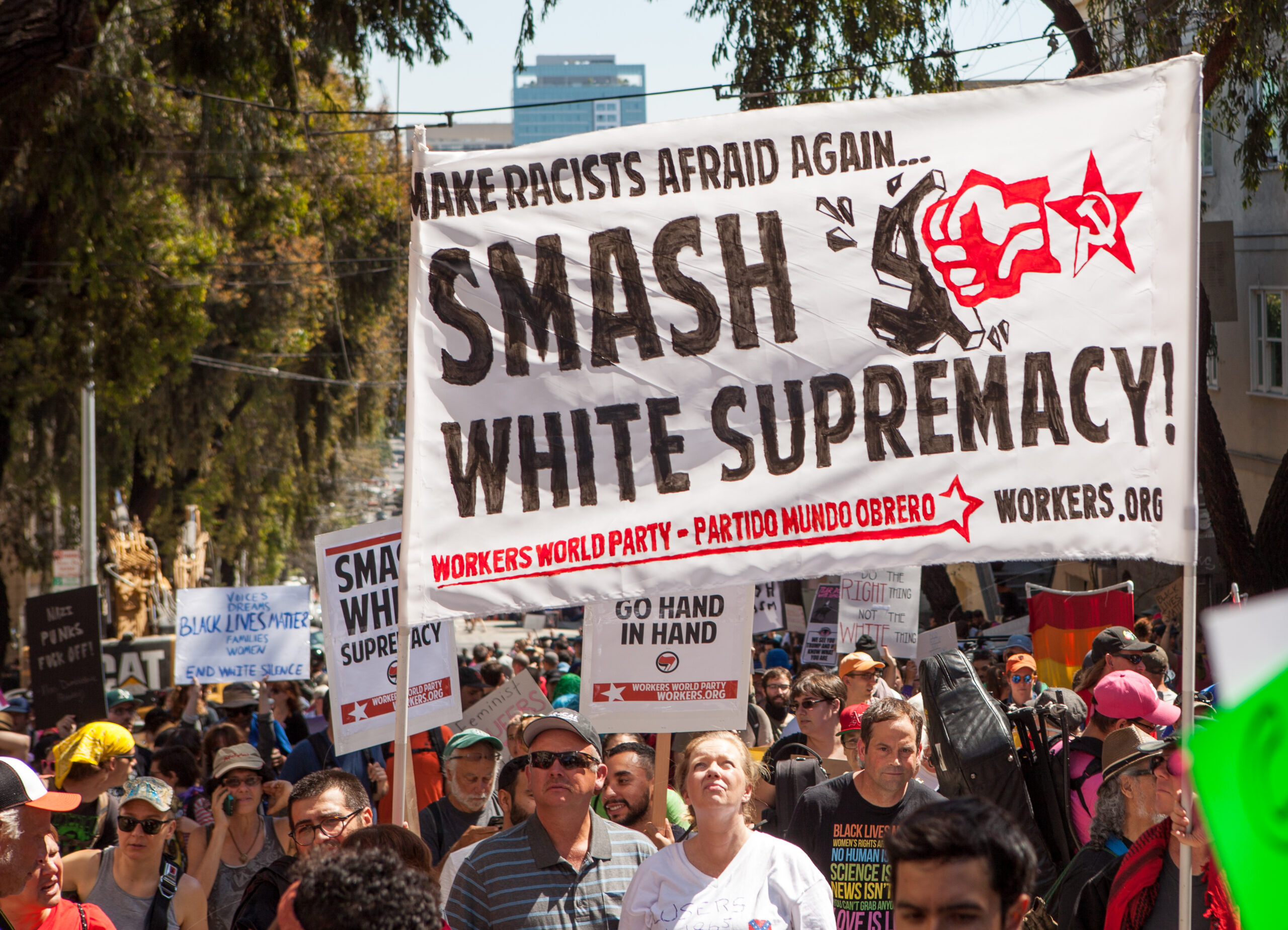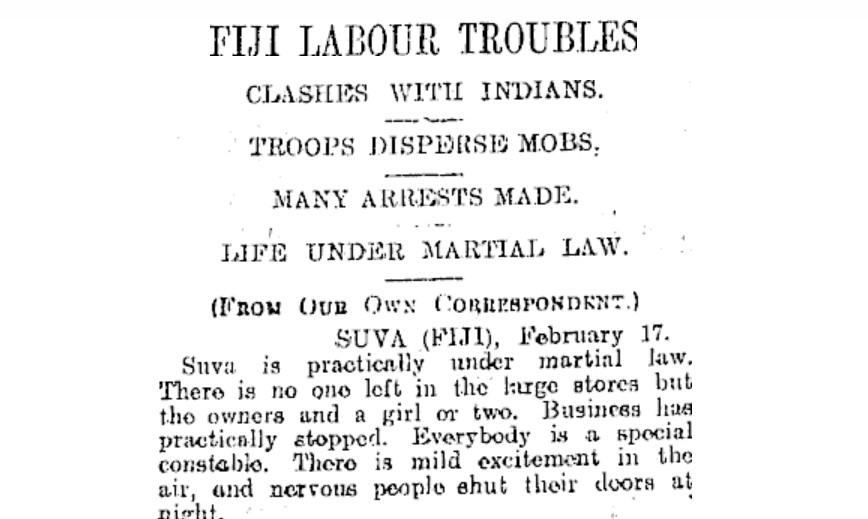Socialist Review asked writers, campaigners and performers to suggest some of the best discoveries from 2014 – we hope there are good suggestions here for your holiday reading!
Michael Field:
One of New Zealand’s defining books was Report on an Experience, published in 1947, two years after its author, John Mulgan, had killed himself. His World War Two experience had been brutal and pointlessly tragic. Mulgan’s work hinted at another unromantic side to the New Zealand war story that seldom pushed through the repetitive publishing of boy’s only military tales.
While Greece Crete Stalag Dachau: A New Zealand soldier’s encounters with Hitler’s army by Jack Elworthy was cumbersomely titled, its content is a genuine voice of an ordinary bloke caught up in world history. He was a warrant officer who offered the perspective of the servicemen, the reality of a soldier’s life – leavened with dry humour and unofficial rumour. What makes it striking is that Elworthy offered a working-class view of the war. What makes the book striking is the simplicity of the language, recognisable as a New Zealand voice. Elworthy’s honest view of the enemy is striking. “It was funny: one minute earlier I had been going to batter this German’s neck and head to a pulp with a stone; nothing else would satisfy me,” he writes. “But the moment he was no longer a menace but lying, quiet and frightened, with a smashed hand and part of his thigh bone sticking out of his leg, I felt quite sympathetic towards him.” Thoughtful, caring and no slavish follower of orders, Elworthy, who died several years ago, has done New Zealand history a service.
Michael Field’s most recent book is The Catch: How Fishing Companies Reinvented Slavery and Plunder the Ocean (Penguin, 2014). He is the author of the classic Mau: Samoa’s Struggle Against New Zealand Oppression and Black Saturday: New Zealand’s Tragic Blunders in Samoa.
Cybèle Locke:
I first encountered writer Paco Ignacio Taibo II in 2003 when I read Just Passing Through (De Paso), a tale of a sleuth hunt for anarchist Sebastian San Vincente who lived in post-revolutionary 1920s Mexico. It is an account which collapses the borders between novel and history and frankly, it was love at first sight. This year I was given The Uncomfortable Dead, written not only by Paco Ignacio Taibo II, but by Subcomandante Marcos of the Zapatistas as well. It really is a glorious combination of the slapstick (Marcos) and the sublime (Taibo), set in Chiapas and Mexico City. The book is described as a murder mystery but it is really about “the nobodies” (usually marginalised from history) who are the real heroes of any revolutionary movement.
I have just finished reading Poata: Seeing Beyond the Horizon, Tama (Tom) Te Kapua Poata’s autobiography, which was in draft form when he died and then lovingly proof-read by friends and whānau for publication in 2012. Tom Poata was a life-long passionate, unapologetic advocate for tino rangatiratanga – Māori control of Māori things – which he brought to every facet of his life. This was an inspiring read. As a labour historian, I was particularly fascinated by his account of the formation of the Māori Organisation on Human Rights inside the Wellington Drivers’ Union.
Cybèle Locke is the author of Workers in the Margins: Union Radicals in Postwar New Zealand (Bridget Williams Books, 2012).
Tina Makereti:
The piece of writing I’ve recommended to people most this year is Nic Low’s essay ‘Ear to the Ground’ which can be found in Tell You What: Great New Zealand Nonfiction 2015 (AUP)—an essay book that is packed with brilliant reading. Nic’s short story collection, Arms Race (Text Publishing 2014) is also well worth a read. I’m always happy to discover a writer who sees the world and all its contradictions in sharp relief, and then manages to somehow communicate that seeing, and occasionally reach for the sublime. Speaking of which, I’m a huge fan of Elizabeth Knox’s Wake (VUP, 2013), and her Margaret Mahy Lecture A Unreal House Filled With Real Storms (VUP, 2014). It really felt like the year of the essay.
I’m researching Victorian London and have discovered Lee Jackson, amongst others. His latest book Dirty Old London: The Victorian Fight Against Filth (Yale University Press, 2014), reveals 19th century London in the kind of crucial detail writers need. Like all good history, it tells us as much about ourselves as about those in the past. His descriptions of how Londoners remained attached to their coal fires despite the sickness, pollution and death they caused illuminates for me the blindness with which we remain attached to fossil fuels.
Finally, I got to see a fair bit of poetry performed this year. The highlights were Hinemoana Baker & Anis Moyjani – both made me laugh out loud, while almost simultaneously evoking more melancholy feelings. That’s really something.
Tina Makereti’s novel Where the Rēkohu Bone Sings was published this year by Vintage. She was the 2014 Randell Cottage Writer in Residence.
Dougal McNeill:
Campaigning against Israel’s assault on Palestine in July sent me after books exploring the long struggle for Palestinian rights. Ali Abunimah’s The Battle for Justice in Palestine (Haymarket, 2014) is essential reading for all those working in solidarity with the Palestinian struggle. Omar Barghouti’s Boycott, Divestment, Sanctions (Haymarket, 2011) offers plenty of insights for us strategising here. Avi Raz’s magisterial history of the 1967 war and its aftermath – The Bride and the Dowry (Yale University Press, 2012) – is both a gripping read and a demolition of the Zionist lie that Israel has ‘no partner for peace’: permanent war suits the needs of the colonial state. Garda Karmi’s In Search of Fatima (Verso, 2000) is a moving personal narrative of the Palestinian experience of exile.
My favourite novels this year? Tina Makereti’s Where the Rēkohu Bone Sings (Vintage, 2014) – a wonderfully evocative and moving historical novel, and a meditation on the complex, inter-connected and inseparable realities of being Māori, Pākehā and Moriori – and Hilary Mantel’s A Place of Greater Safety (Fourth Estate, 1992), a sprawling and epic reconstruction of the French Revolution in all its glory and defeats. Mantel’s more celebrated recent works are good too, but A Place of Greater Safety is I think her masterpiece. It also led me to Sophie Wahnich’s bracingly militant essay In Defence of the Terror: Liberty or Death in the French Revolution (Verso, 2012).
Poetry highlights for me are Chris Tse’s How to be Dead in a Year of Snakes (Auckland University Press, 2014), a debut collection paying tribute to Joe Kum Yung, murdered by a racist on Haining Street, Wellington, a century ago. Bloodaxe have done English speakers a huge favour by bringing out the great Korean feminist, leftist and experimental writer Kim Hyesoon’s selected poems I’m OK, I’m Pig! (2014) – let’s hope this brings her a wider audience. Well done also to Canterbury University Press for bringing out a new edition of John Puhiatau Pule’s Bond of Love. A new generation can discover this epic love poem.
If you’re looking for historical works this summer, why not try Joshua Bloom and Waldo Martin’s Black Against Empire (University of California Press, 2013), a history of the Black Panther Party, or Discovery of the World (Verso 2014), a memoir of a childhood in the shadow of Mussolini by Luciana Castellina, one of Italy’s foremost left intellectuals?
Steph Price:
Less than a week after the police shot Michael Brown, US hip hop artist J Cole tweeted a link to his song Be Free. Like thousands of others, Cole spent the days after Brown’s death on the streets of Ferguson, Missouri. Be Free, he tweeted, is “how we feel”. He dedicated it to “every young black man murdered in America”.
Cole’s lyrics – sometimes pleading, sometimes defiant – are sung with a voice straining under the weight of their significance. “All we want to do is take these chains off/ All we want to do is break the chains off/ All we want to do is be free”, he sings. Be Free wasn’t the only song released about events in Ferguson but it was my favourite and worth tracking down for a listen.
For reading, Anand Gopal’s first book, No Good Men Among the Living is an easy recommendation. As a correspondent in
Afghanistan Gopal’s insightful reporting on the middle-east set him out as an authority on the region. In No Good Men, Gopal details the crimes of the US in Afghanistan by brilliantly telling the stories of three Afghan’s who have lived the conflict. It was recently named as a notable book of the year by the New York Times.
Steph Price is the workers and unions editor for Red Flag, Socialist Alternative’s fortnightly newspaper.
Anya-Tate Manning:
This year we suffered the loss of two brilliant theatre practitioners, Robbie Tripe and Willem Wassener. It has been a deep shock and loss to the artistic communities of New Zealand, particularly in the theatre communities of Wellington and Auckland. My deepest sympathies go to their families and loved ones. Robbie was a stalwart of Equity, our union, and and Willem a passionately committed director and practitioner. The works I celebrate this year are pieces that I think equal hold the fragility of the artist and the fight of the activist, and I celebrate Robbie and Willem as practitioners who held these qualities in their work, and whom we lost to the fragility.
Wellington company Barbarian, run by Jo Randerson and Thomas LaHood have produced a huge amount of work this year, ranging from wild clowning in White Elephant and political debate in Political Cuts, to working with young people around the country in Yo Future, and choir sing offs between the young and old in Sing it to my Face. Jo also performed her seminal solo work Banging Cymbol, Clanging Gong for the first time in 13 years and it was totally awesome. Political Comedy was a massive highlight for me this year: satire giants Pinky Agnew and Lorae Parry returned with a new show Destination Beehive and broke Circa box office records, and we produced one of our largest ever productions of Public Service Announcements with 20 actors squeezed into the backstage of Bats Theatre. We were also lucky enough to have the Dusky Maidens and Noble Savages collective perform and evening of poetry with Karlo Mila and Maraea Rakuraku reading their work. Another highlight was seeing the workshop showing of 2080 by Aroha White. It’s the first theatre piece I’ve ever seen that discusses a Maori and Pacific Island perspective on climate change, and how it might affect us. The world Aroha creates is vivid, believable and terrifying. There’s also a live story, race and gender politics and hip hop lyricism throughout the show. I can’t wait to see it at Bats next year. My final highlight is The Road that wasn’t there by Trick of the Light; dark childrens theatre with puppetry, comedy and a magical soundtrack by Tane Upjohn-Beatson.
My reading this year has become shamefully dwarfed by my film and television intake – My technique is to obsessively binge watch a season at time, maybe even 2 or 3, and this summer it’s monsters. I absolutely love The Walking Dead, and have been saving up the most recent series for a dark and gloomy night to watch it. I love the gore, I love how stressful it is and how anyone could die at any moment. The apocalypse is an equal playing field, there’s no class or race any more, It’s all about survival, and any bigots are usually the first to go in a gory gut-ripping close up. I’ve also been saving up The Strain, based on a trilogy of vampire horror books written by Guillermo del Toro and Chuck Hogan. The books are scary and with del Toro directing the first the episode I’m hoping the show is too. My most recent binging has been an oldie but a goodie – I’ve got one season left of Buffy the Vampire Slayer. Heaps of it is totally crap, but if you watched it as teenager like me, it’s still awesome. The musical episode alone in Season 6 is worth wading through all of the terrible acting and bad special effects, and some of the monsters are genuinely frightening.
Anya Tate-Manning performed Howard Zinn’s celebrated Marx in Soho at Bats Theatre in September this year. In 2015 she will take the show to the Perth Fringe Festival. She also performed in Jo Randerson’s White Elephant, recently closed at the Hannah Playhouse.
Jacinda Woodhead:
I’m in the final stages of my PhD so, outside my work at the magazine, I haven’t had the chance to read many new releases over the past twelve months. Fortunately, my research has allowed me to discover great works I missed the first time around.
My best books of the year were published in 1929, 1974 and 2010 respectively: Robert Graves’ Goodbye to All That, Studs Terkel’s Working: People Talk About What They Do All Day and How They Feel About What They Do and Rebecca Skloot’s The Immortal Life of Henrietta Lacks. In summary, an elegiac memoir of a generation dreaming of imperial adventure who found a hideous war, a series of oral histories about how most of the world’s population spends its days and nights, and a portrait of racism and science that spans continents and decades and materiality – they are all astonishing, at times devastating, works.
My other two favourite reads of 2014 were essays.
‘The Last Amazon’, published in The New Yorker, is an excerpt from Jill Lepore’s new book, The Secret History of Wonder Woman. I’ve always enjoyed Lepore’s feminist histories, but I found this one particularly fascinating because I knew nothing about this suffragette-inspired, Sanger-influenced tale, and because of the alternative secret life led by Wonder Woman’s creator, William Marston (interesting sidenote: he also invented the lie detector). It’s the job of a good nonfiction writer to make meaning out of facts and events and potential chaos, and I look forward to reading the book itself, which has just arrived in my office, to see if it lives up to the promise of the excerpt.
The other essay, which I read back in January, is Susan Faludi’s Baffler piece on the Lowell factory workers versus contemporary feminism, ‘Facebook Feminism, Like it or not’. Speaking of Faludi, I’d also recommend her Shulamith Firestone obituary from last year, ‘Death of a revolutionary’. It’s epic and sad – an anatomisation of what so many of the feminists who turned up to Firestone’s funeral strove for, of what they lost and why. The analysis of what went wrong with the second-wave feminist movement has only improved with distance.
Finally, the book I am keen to read before the end of the year is Alison MucCulloch’s Fighting to choose: the abortion rights struggle in New Zealand, which is on it way in the mail. Then, post-PhD, I’ve vowed to read some modern fiction – a friend’s convinced me to start with Elena Ferrante’s Neapolitan Novels.
Jacinda Woodhead is the editor of Overland Literary Journal.
Shomi Yoon
Two older works, both by coincidence based in Wellington, were my highlights for 2014: Robin Hyde’s The Godwits Fly and Mary Findlay’s Tooth and Nail. Both are out of print unfortunately but there are plenty of copies second-hand and in libraries.
Both novels gave me a sense of how far working-class women have come, but how painstakingly slow our progress has been, and how much further we need to go for genuine liberation.
Tooth and Nail is a harrowing but inspiring memoir. It tells of Mary Findlay’s experience working as a domestic servant during the 1930 depression. Harrowing because of the relentless awfulness of the work – sexual harassment, bullying employers – combined with an abusive, drunken father at home meant there was no escape. Despite these hardships, Findlay’s fight and determination to succeed and escape these situations sets the tone. Findlay always fights back against whoever is oppressing her whether that is her father, her employers or the school system.
Her novel is dedicated to her children – one of whom went on to become a militant in the meat workers union. Her bolshie nature obviously inspired a new generation of rabble-rousers. It’s a credit to Mary Findlay that she had a guts and honesty to write about her often humiliating experiences. Later in life she went on to play a leading role in the Maori Women’s Welfare League and other groups – she is a working-class fighter who deserved to be remembered more widely.
Hyde’s Godwits Fly is set just prior to the Depression, and is a remarkable novel that manages to encapsulate the changing New Zealand society and identity as it redefines its relationship with ‘mother’ England. Her childhood is marked with poverty – moving around in the working-class slums of Newtown, Berhampore and Melrose. And there is often tension between her parents. Her father is a socialist while her mother aspires to climb the social ladder and disapproves of her husband’s political activities. Fortunately, Hyde was more influenced by her father and went on to become one of the most leftwing female political journalists. Like Findlay, she had her uphill battles against sexism. In her line of work, she was often given columns on women’s issues rather than bigger political or economic columns. She also writes of her abortion and giving birth to her son in Sydney alone at a time when unwedded mothers were seen as social pariah.
This is our last post for 2014. We wish all our readers happy holidays. Posts on the ISO website will resume in mid-January 2015.









